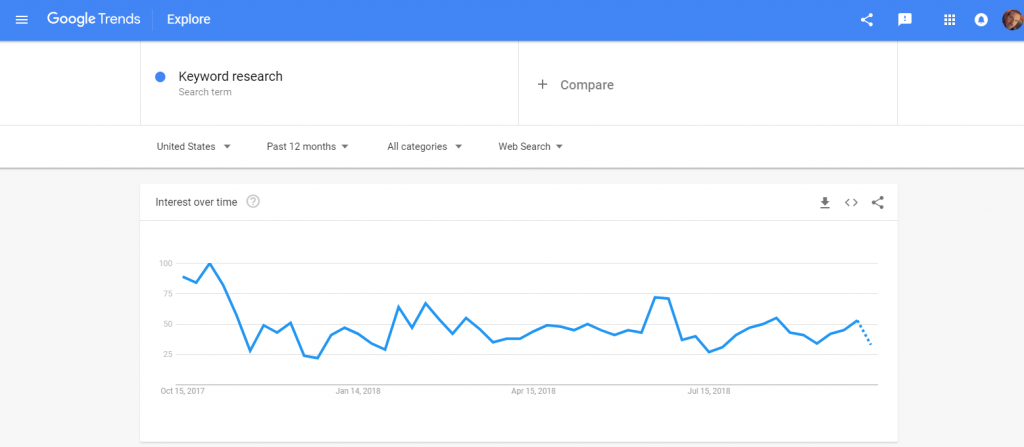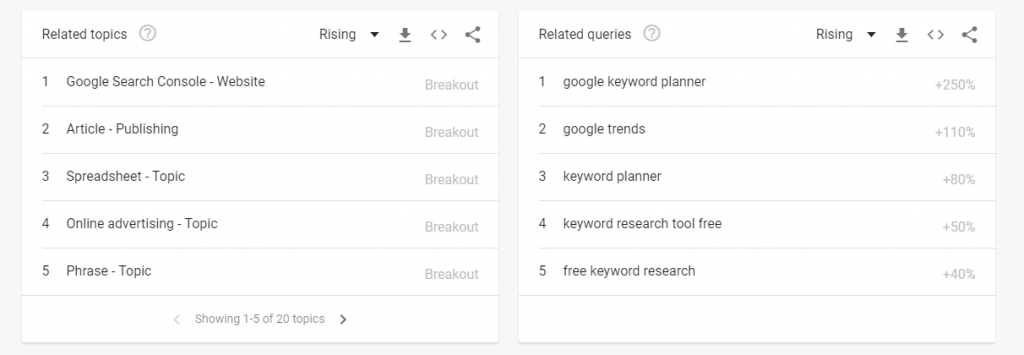Google, like most search engines, uses words and terms, dubbed keywords, to help them organize and index the various web pages online into easily searchable listings. Keywords are how you get to find your favorite recipes by typing into Google “How do you make chicken cacciatore?” They also help you find movie times, directions to the dentist’s office, and the history of World War II.
The listings you see in the Google SERPs lead to optimized web pages that should deliver what you expect. When searching for a chicken recipe, clicking through to the top listing will reveal a page that undoubtedly contains the keyword phrases such as “Chicken cacciatore recipes” but also “how do you make chicken cacciatore?” as that is probably an often searched for term.
To determine which keywords and phrases you should be using, a few tactics are used. We’ll get to those in a moment. Before we do, it’s important that you see keywords as more than just words that people type into Google (or speak using talk-to-text search). Rather, you need to see keywords as the lifeblood of your SEO profile, and only the highest-value keywords will do.
What is a Quality Keyword?
With limited resources, including time, you should only spend your efforts on the keywords most likely to give your brand a competitive edge online. Spending money and time on hundreds of keyword possibilities can spread your web profile too thin, and your SEO campaign can become scattered and unfocused as a result. Your job is to determine the quality of your current keywords list.

A keyword is said to be of the highest quality when it possesses three necessary signals:
- The keyword term has a reasonable search volume (is fairly popular with Google searchers).
- The term isn’t overly competitive.
- The keyword demonstrates buyer intent.
Let’s delve deeper into those concepts so that we’re all on the same page.
Keyword Signal #1: Search Popularity
The best keywords are those that are clearly popular with searchers. Google Trends is a platform that can help you see which keywords people are searching by topic.
The graph below represents search trends for the keyword “Keyword Research.”

Scrolling further down on the page gives you a variety of top keywords for that particular topic. Here, you can see keywords and related queries to your topic. You can also view trends according to demographics, such as location, age, and more.

Social media conversations can also give you insight to a keyword’s viability. Search using the engines provided by Facebook, Twitter and others, and see which ones produce the most relevant results.
Your goal here is to collect a list of rudimentary keywords that you can then whittle down or add to using a few high-powered tools.
